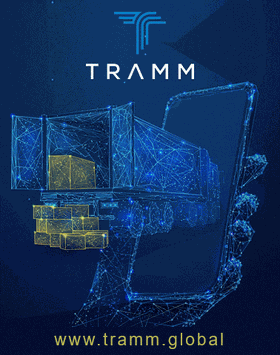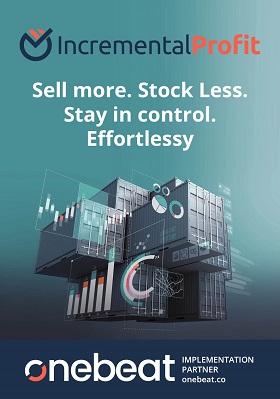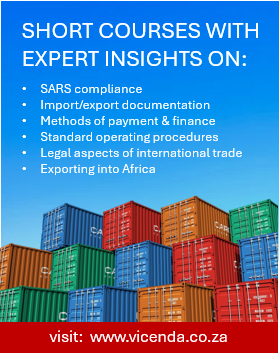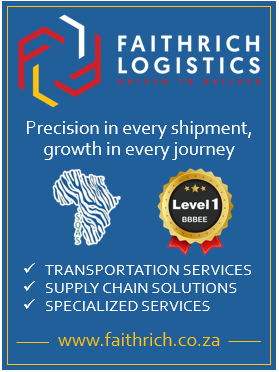Businesses trading internationally face an increasingly complex web of customs regulations and insurance requirements that can derail operations and drain profits. Changing regulatory requirements, security measures, inadequate insurance coverage, and compliance failures create mounting pressure. Without proper expertise, companies remain vulnerable to delays, penalties, and financial losses.
The right logistics partner with customs and insurance expertise is crucial for international business success, says Detlev Duve, Managing Director of Dachser South Africa. "As businesses face pressure to ensure compliance whilst managing costs, it's essential to choose a partner with a provider that understands the complexities of international trade and can provide customised solutions."
Essential factors for navigating customs and insurance successfully include regulatory knowledge, security certifications, insurance guidance, and risk management. "Potential customers should carefully evaluate how their logistics partners address compliance and protection needs. A lack of measures can lead to operational disruptions and financial exposure."
Customs expertise for international trade
International trade requires businesses to deal with customs regulations across multiple countries, each with its own requirements and security protocols.
Your preferred partner should be certified as an Authorised Economic Operator (AEO) in multiple countries. This status provides customs control benefits worldwide – therefore benefiting customers. "Having AEO certification makes customs controls easier and ensures a consistent international supply chain," says Duve. "Customs-approved security standards not only simplify customs clearance, they are also a seal of approval for global trading partners."
Effective customs clearance requires more than just form-filling – it demands understanding of international trade regulations and security protocols. Experience with programmes such as C-TPAT (Customs-Trade Partnership Against Terrorism) positions your logistics provider as a trusted partner for businesses requiring reliable customs clearance.
Take the case of businesses exporting to the United States, which must comply with the 10+2 rule under the Importer Security Filing (ISF), where ten defined entries must be transmitted electronically to US Customs at least 24 hours before the ship leaves the port of departure. "We have been working as a registered filer on behalf of clients since 2009," says Duve. "Incorrect, late or missing filings can result in fines between $2,500 and $5,000, making professional handling necessary."
Electronic customs procedures ensure fast and safe handling whilst reducing processing times. Customs specialists possess deep regulatory knowledge gained through decades of international experience.
Insurance expertise and risk management
When it comes to insurance, shipping to unfamiliar destinations that do not have well-organised infrastructure can add to the risk factor. While damage and loss is rare, it can be very expensive, making insurance costs money well spent.
When it comes to protecting valuable shipments, it's vital to understand the difference between liability coverage and cargo insurance during transit. "Many businesses confuse freight insurance with cargo insurance, assuming their shipments are covered for full value with freight insurance," says Duve. "This misunderstanding can be a costly error, as freight insurance compensation is calculated on weight basis – meaning the same amount would be paid for one kilogram of platinum as for one kilogram of paper. Cargo insurance, which can be taken to cover the full value of a shipment while it is in transit, protects the customer.”

by Detlev Duve, Managing Director of Dachser South Africa









